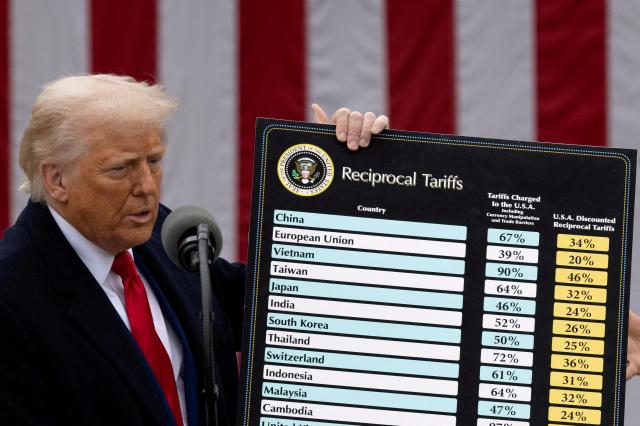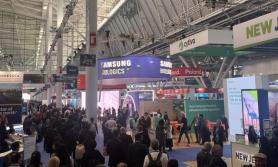
In comments submitted to the Office of the U.S. Trade Representative on June 27, the Pharmaceutical Research and Manufacturers of America (PhRMA), the industry’s primary lobbying group, urged Washington to take a tougher stance on what it described as “unfair pharmaceutical policies” in foreign markets.
PhRMA singled out South Korea, along with Australia and Canada, as particularly problematic. All three are high-income countries with strong demand for prescription drugs, yet the group contends they routinely underpay for American pharmaceutical products.
The push comes as Trump escalates his focus on what he views as international price manipulation.
In an executive order issued May 12, the president directed the USTR and the Commerce Department to take action against foreign governments that “deliberately and unfairly” depress drug prices below market value — often, critics say, at the expense of American consumers who continue to pay among the highest prices globally.
PhRMA criticized South Korea’s National Health Insurance Service for subjecting new drug applications to “burdensome reviews” that slow the pace of market access.
The group argued that the complex regulatory environment — marked by lengthy timelines and opaque price assessments — deters American pharmaceutical companies from bringing innovative therapies to Korean patients.
The U.S. Chamber of Commerce echoed those concerns, submitting its own comments to the USTR.
The chamber said South Korea sets drug prices significantly lower than other developed nations, failing to provide what it called fair compensation for U.S. pharmaceutical and biotech firms. It also cited data indicating that only about 20 percent of the 500 new drugs introduced globally between 2013 and 2014 have been approved for reimbursement in South Korea, with an average wait time of 40 months.
The Trump administration’s pharmaceutical policies continue to draw mixed reactions.
While some in the manufacturing sector have welcomed efforts to use trade talks to push for faster regulatory approvals and updated pricing formulas abroad, the pharmaceutical industry has pushed back on the president’s proposed “most favored nation” pricing policy.
That initiative, which aims to align U.S. drug prices with those paid in other advanced economies, has drawn criticism from drugmakers who warn it could stifle investment and slow the pace of drug development.
Copyright ⓒ Aju Press All rights reserved.




